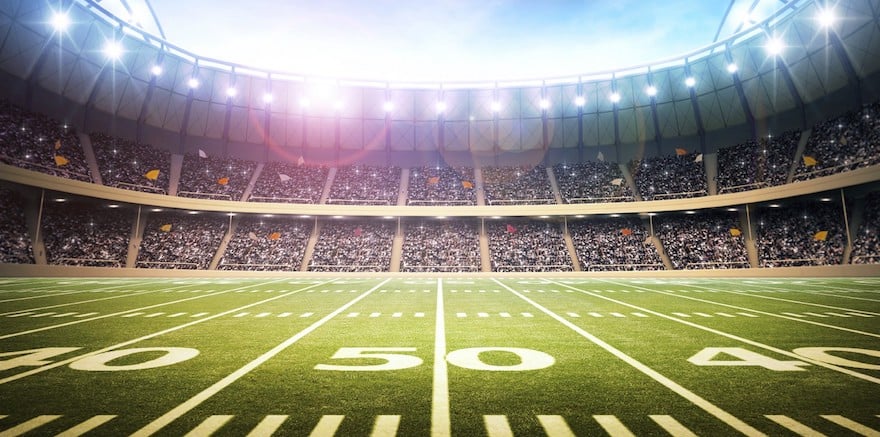There are a few days each year that are sacred to Americans. Independence Day is important, and folks love to get together for Memorial Day and Labor Day barbecues. But for some, there is a day that trumps them all: Super Bowl Sunday. With this widely-celebrated (especially for Panthers and Broncos fans) just around the corner, it's a great time to stop and think about what aspects of personality are found in devout sports fans.

Whether a fan is watching a game at home by himself or is amongst tens of thousands of people in a stadium, sports fans are inherently, loyal, enthusiastic and group-oriented. In an article by Chris Stankovich, Ph.D. on Examiner.com, he writes, "In the case of sports fans, there is often a sense of being an intimate part of the team." They may not be suiting up and tromping onto the field, but these fans still feel as if they are just as much as part of their favorite football team as the Quarterback.
Additionally, fans show their group-oriented nature by being a part of the "ingroup-outgroup bias." According to Susan Krauss Whitbourne, Ph.D., fans who are part of "the ‘in-group' will deprecate the fans of the other team, the ‘outgroup.'" Even if a sports fan is not the type to join a bunch of people to watch the game or celebrate the win, they are inwardly-congregating with all of the fans of their particular team in hating the other team! A Washington Redskins fan may be listening to the game in the car by herself, but she still feels a connection with the large group that is hoping they crush the Dallas Cowboys.
On a more individual level, sports fans are occasionally superstitious. Dr. Whitbourne writes that "sports fans are particularly subject to the effect known as superstitious conditioning." These fans believe that something they do has an effect on the performance of their team. For example, in Baltimore, Purple Friday is a must — as devout Ravens fans, many Baltimore citizens wear purple (the team's color) on Fridays. Some do it out of support, but the more hardcore fans believe that wearing purple before the game can actually affect the final score. And, of course there is often the "lucky" random piece of clothing that becomes a must!

Sports fans may appear to have a change in personality when watching their teams play. While attending a game, a sports fan may jump around, cheer or boo, depending on how a team is doing, even if this is not his or her everyday personality. Dr. Whitbourne explains, "Even people who are ordinarily reserved and shy will explode in bursts of exhibitionism when surrounded by other people engaging in the same unrestrained excitement." So that quiet coworker who just sits and works diligently during the week might completely unleash at the weekend's basketball game!
But why do people even become sports fans? Dr. Stankovich says that some people become fans because of where they live or because of a family's previous devotion to a certain team. For some, however, rooting for a winning sports team can have a positive effect on someone's overall sense of being. Dr. Whitbourne notes, "Research shows that on the day after a team's win, people feel better about themselves." Even though these fans were not actually on the field, they feel a sense of accomplishment.
So to the sports fans out there, even if your favorite team isn't in the Super Bowl this year, take a few minutes to think about what makes you a sports fan and how it affects your personality. And then, feel free to go back to screaming at the television and waiting for Coldplay to perform. Who knows — maybe you'll feel better the day after the game as a bonus!





